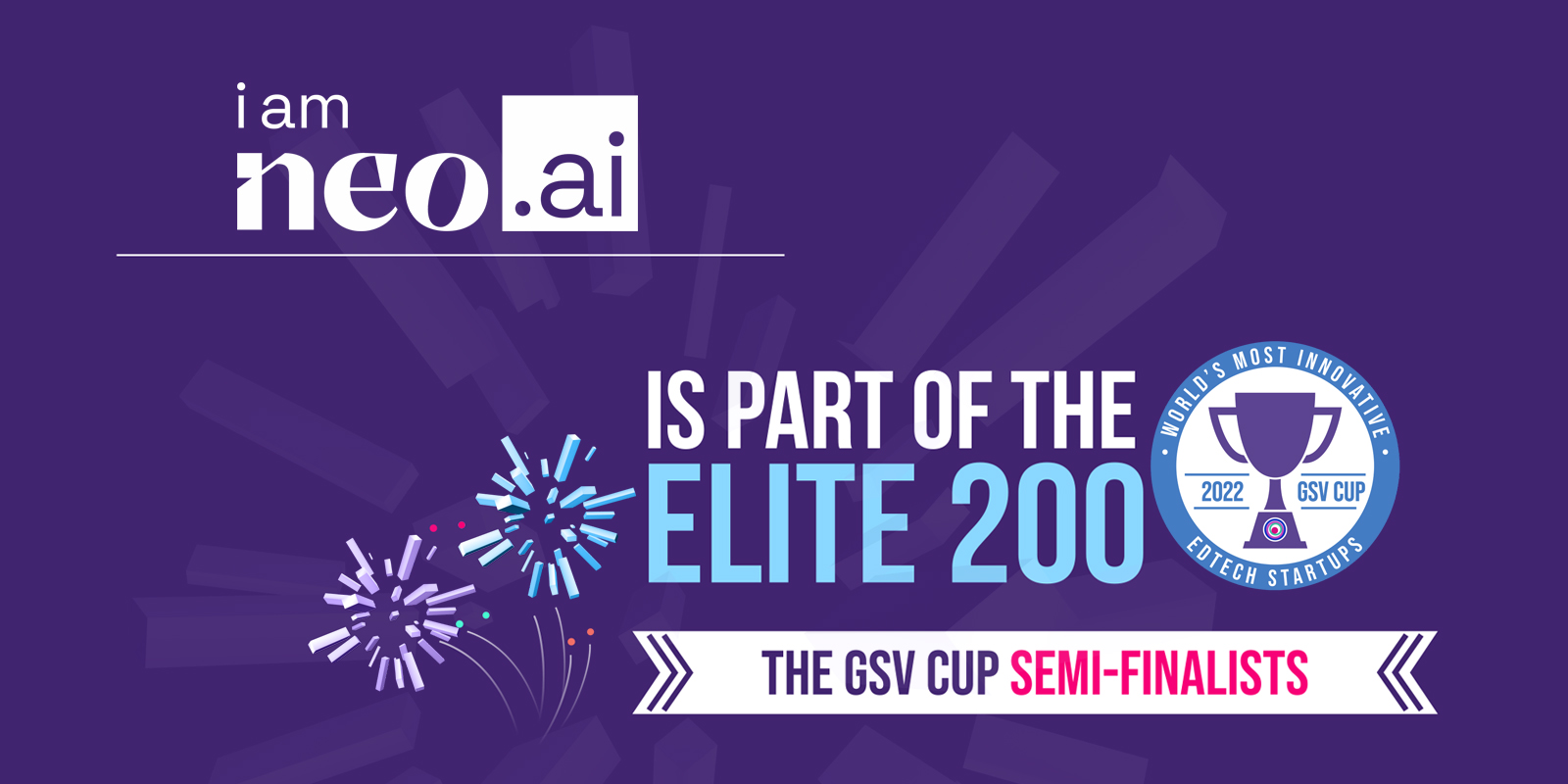In today’s digital age, the recruitment process is evolving at breakneck speed and hiring great talent with the right skill sets hasn’t been this onerous in the past. The pandemic’s impact and the constant shift in recruitment trends have contributed to this transition. As we look back at the start of the decade, recruitment looked completely different, with the TA teams solely relying on traditional recruitment models. But now, the hiring tables have turned, and the recruitment industry has already begun its digitalisation journey.
The market demands are constantly changing, and so are the recruitment trends that play a pivotal role in sourcing the best-fit talent. Hiring candidates, especially the gen z category, is a cut-out task in today’s fast-paced and dynamic recruitment industry. Hence, recruiters need to stay up-to-date with the latest recruitment trends to ensure that they can effectively find and attract top talent. Here are some of the significant recruitment trends that are largely influencing talent acquisition today:
Top recruitment trends influencing talent acquisition:
1. Virtual Recruitment:
Remote hiring or virtual recruitment was one of the significant recruitment trends that turned heads in 2021 and 2022. More than just being a trend, it almost changed the modus operandi of recruitment post-pandemic. As candidates were confined to the four walls, recruiters were left with no option but to leverage video-conferencing platforms like Zoom, Microsoft Teams, Cisco Webex, and others to conduct interviews.
Though virtual recruitment was seen only as a temporary alternative to in-person interviews, things took a turn quickly. Companies found this recruitment model to be simpler, cost-effective and time-saving. Offering a multitude of benefits, it is evident that the virtual recruitment model will continue even in the coming years and shall remain a top recruitment trend.
Fact Drop – According to a Forbes report on recruitment, 60% of recruiters today consider video-conferencing technology to interview candidates.
Source : Forbes
2. The Role of Artificial Intelligence:
There is no doubt that technology has taken over the digital era. AI, Machine Learning, IoT, Big Data, and Robotics have already redefined how businesses operate today. Thanks to the constant technological advancements and innovations. Amongst the advanced technologies leveraged today, AI plays a greater role in the recruitment industry. From automating candidate sourcing to screening, and evaluation – AI significantly helps optimise recruitment processes.
A larger ratio of recruitment platforms available today is built on Artificial Intelligence as its core technology. Keyword-based resume screening, chatbot support for candidates, elimination of interview bias, and data-driven decision-making have completely changed the dimensions of recruiting, with AI playing the anchor role. Hence, it’s no doubt that AI will continue to transform the recruitment industry in the coming years.
3. Diversity Hiring:
Diversity and inclusion aren’t something new to our ears, but the increasing focus on diversity hiring recently has led to this becoming a major recruitment trend. As companies have started to shed the spotlight on gender-neutral hiring and diverse workforce, recruiters have recognised that diversity hiring is not just a trend but a practice to follow in the coming years.
Companies with a diverse and inclusive workforce have shown signs of improved productivity and operational efficiency. Diversity hiring has, in fact, had a greater impact on improving brand value and positioning. Hence, it’s important for HR teams today to constantly focus on DEI going forward.
Did you know? – A report by Mckinsey&Company reveals that companies are missing out on 39% of job applicants because of a lack of perceived inclusion.
Source : Mckinsey&Company
4. Hybrid Work Model
Is there someone who would say “No” to a hybrid work model post-pandemic? Not really! Though the work-from-home model came as a timely solution during the covid-19 outbreak, it has now become a policy of the new normal hiring. Compared to all the recruitment trends the industry has witnessed in recent years, this has been widely adopted.
Even as companies welcome their employees back to offices, the hybrid work model is still the most sought-after. In fact, a greater ratio of gen z candidates today specifically look for companies that offer flexible work environments. This model also enables companies to hunt down global talent without geographical constraints. As covid-19 is soaring again, the hybrid work model shall remain a top recruiting trend in 2023.
5. Predictive Analytics:
This is one of the newest trends in hiring that is assisting companies in assessing and forecasting a candidate’s potential behaviour. Recruiters could already narrow down possible recruits based on their experience, whereabouts, education, and more on various digital platforms. Predictive analytics has given further insights by providing recruiters with a list of the most suitable personnel for the job position (even those not actively looking for a job). This fresh trend has been beneficial for companies that are making use of it.
Predictive analytics can be used within the talent acquisition process to help make informed decisions and gain insight into areas of strength and weakness. This can also help lower recruitment costs, identify any issues in the process, and speed up the process of filling roles. On top of this, analytics can demonstrate the success and return on investment of recruiting software.
6. Candidate Experience
Another important trend in talent acquisition is the focus on candidate experience (Which never goes out of trend). This refers to a candidate’s overall impression of an organisation during the recruitment process. A positive candidate experience can increase the chances of a candidate accepting a job offer and improve the employer’s reputation as a desirable workplace. To improve candidate experience, recruiters should ensure timely communication, be transparent about the recruitment process, and offer feedback to candidates.
Final Thoughts
Overall, these are just a few significant trends influencing talent acquisition. However, recruitment agencies must stay abreast of new technological developments to remain suitable for the job. By staying up-to-date with these trends and adapting their recruitment strategies accordingly, organisations can position themselves as top employers and attract top talent.






























